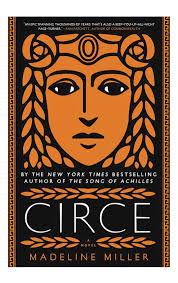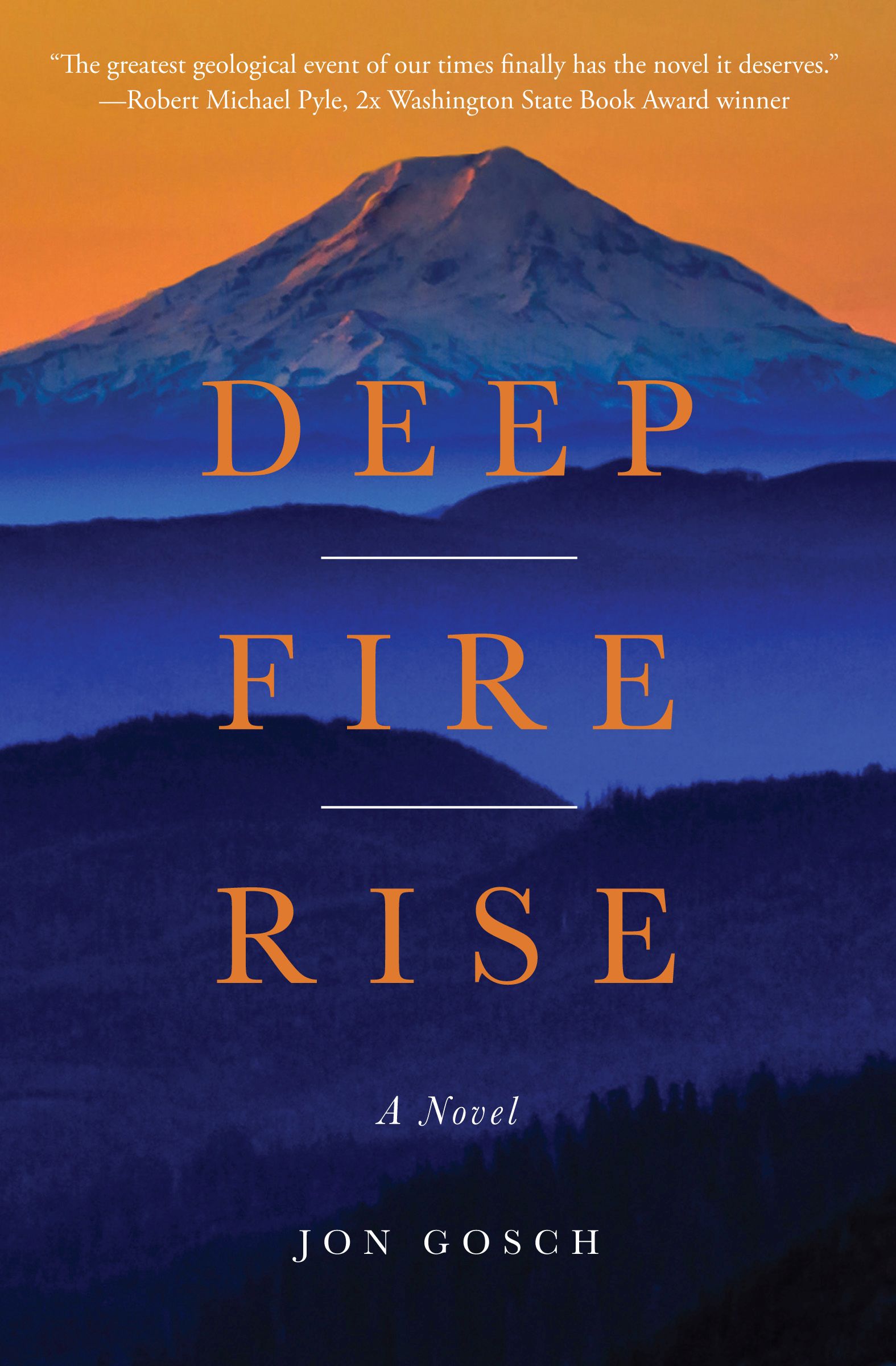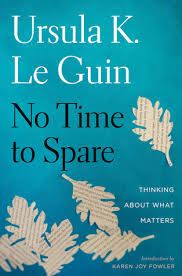Madeline Miller
Little, Brown and Company

|
“War has always seemed to me a foolish choice for men. Whatever they win from it, they will have only a handful of years to enjoy before they die. More likely they will perish trying.” “Well, there is the matter of glory. But I wish you could’ve spoken to our general. You might have saved us all a lot of trouble.” “What was the fight over?” “Let me see if I can remember the list.” (Odysseus) ticked his fingers. “Vengeance. Lust. Hubris. Greed. Power. What have I forgotten? Ah, yes, vanity and pique.” “Sounds like a usual day among the gods.” from Circe |












